NIDDK
-

Forming memories through CaMKII
Vanderbilt researchers have identified an interaction between two proteins that play a role in learning and memory. Read MoreDec 19, 2017
-

Lineage tracing in the gut
Vanderbilt investigators have developed an algorithm to classify cell types from experimental data, making it possible to understand how organs develop. Read MoreNov 30, 2017
-

New phenotyping program to bolster global diabetes research efforts
The use of human pancreatic islets to conduct diabetes-related research has greatly expanded in recent years, and a Human Islet Phenotyping Program (HIPP) at Vanderbilt University Medical Center has been established to provide important islet data to investigators worldwide. Read MoreNov 9, 2017
-
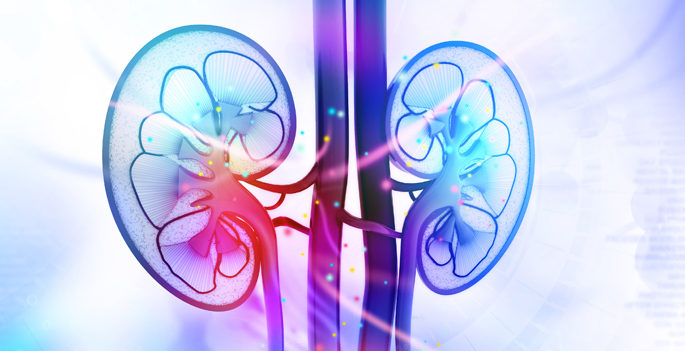
New tools to combat kidney fibrosis
Vanderbilt investigators have developed a new mouse model of kidney fibrosis, which provides a platform for identifying new targets and treatment strategies. Read MoreOct 13, 2017
-

Boosting sarcoma cell death
A compound identified at Vanderbilt represents a new lead for treating rare, aggressive childhood cancers called Ewing sarcomas. Read MoreOct 4, 2017
-

Novel insights to antibiotic targets
New mechanistic details about the DNA-unwinding activity of antibacterial protein targets could lead to the design of better antibiotic medicines. Read MoreSep 29, 2017
-
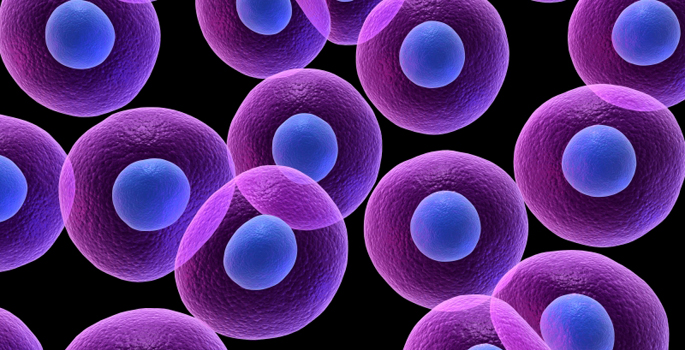
Cellular calcium handling in diabetes
Potassium channels in a cellular organelle regulate calcium flux and appear to play a critical role in pancreatic beta cell health. Read MoreSep 28, 2017
-

Major grant to enhance kidney disease research
Vanderbilt’s Division of Nephrology and Hypertension has received a five-year, $5 million federal grant to provide core research services in the fight against kidney disease. Read MoreSep 28, 2017
-
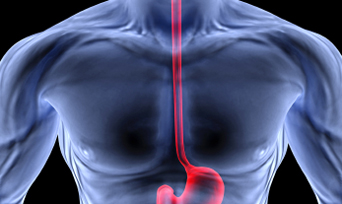
Acid reflux cancer link
Blocking acid reflux-induced production of reactive oxygen compounds may be a useful strategy for preventing DNA damage and decreasing the risk of esophageal cancer. Read MoreSep 14, 2017
-
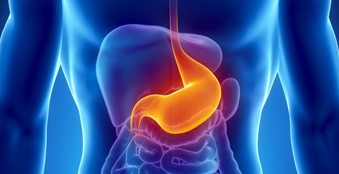
Early drivers of gastric cancer
Using bioinformatics approaches, Vanderbilt investigators have identified gene expression networks that are deregulated in mouse and human stomach cancers. Read MoreAug 8, 2017
-
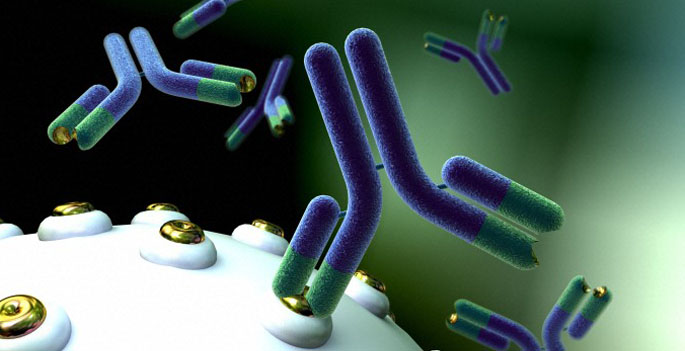
HDAC3 role in B-cell development
The histone deacetylase HDAC3 is required for the maturation of B cells, white blood cells that produce antibodies. Read MoreAug 3, 2017
-

Student’s summer research program honors her mother
As a teenager, Ashley Duhon realized she wanted to become a doctor so she could help people, like her mother, who suffer from medical complications due to type 1 diabetes. Read MoreJul 27, 2017
-

VUMC team’s discovery could lead to new diabetes treatment
High circulating glucose, the hallmark of diabetes, is linked to the disease’s most serious complications including heart disease, kidney failure, blindness and amputation. Diabetes is the sixth leading cause of death and costs the nation an estimated $322 billion a year. Restoring the action of insulin has been the traditional… Read MoreJun 15, 2017
-

PET imaging to predict tumor response
A PET probe that detects the amino acid glutamine predicts whether tumors respond to certain targeted therapies in preclinical animal models. Read MoreJun 14, 2017
-

Flip side of gut protection
Vanderbilt investigators report that dysregulation of certain immune cells in the intestines may lead to inflammation and disease. Read MoreJun 9, 2017
-

NIDDK renews Vanderbilt’s diabetes research grant
The Vanderbilt Diabetes Research and Training Center (VDRTC) is celebrating its 44th year of operation with a five-year competitive renewal of its $9 million grant from the National Institute of Diabetes and Digestive and Kidney Diseases (NIDDK) of the National Institutes of Health (NIH). Read MoreJun 8, 2017
-

EETs contribute to insulin sensitivity
Interventions that increase circulating levels of compounds called EETs may improve insulin sensitivity and treat hypertension. Read MoreMay 11, 2017
-

Protein structure may aid in treating Alzheimer’s disease
A new protein structure may guide the development of Alzheimer's therapeutics. Read MoreApr 27, 2017
-
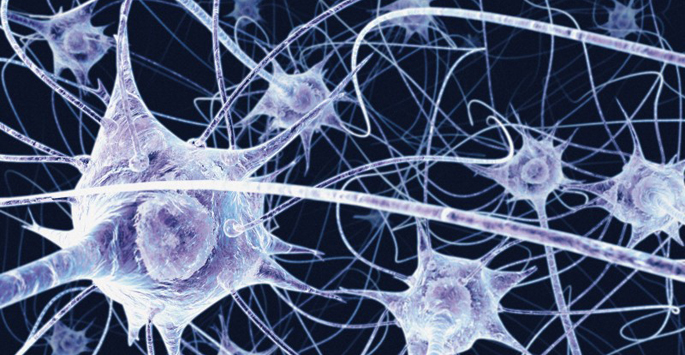
Blocking neuroblastoma cell growth
An inhibitor of cell metabolism may be a good therapeutic target for neuroblastoma, which accounts for about 15 percent of pediatric cancer-related deaths. Read MoreMar 22, 2017
-

New target for colorectal cancer
Vanderbilt investigators have discovered that activated epidermal growth factor receptor may be a target for therapies to prevent colorectal cancer development. Read MoreMar 17, 2017